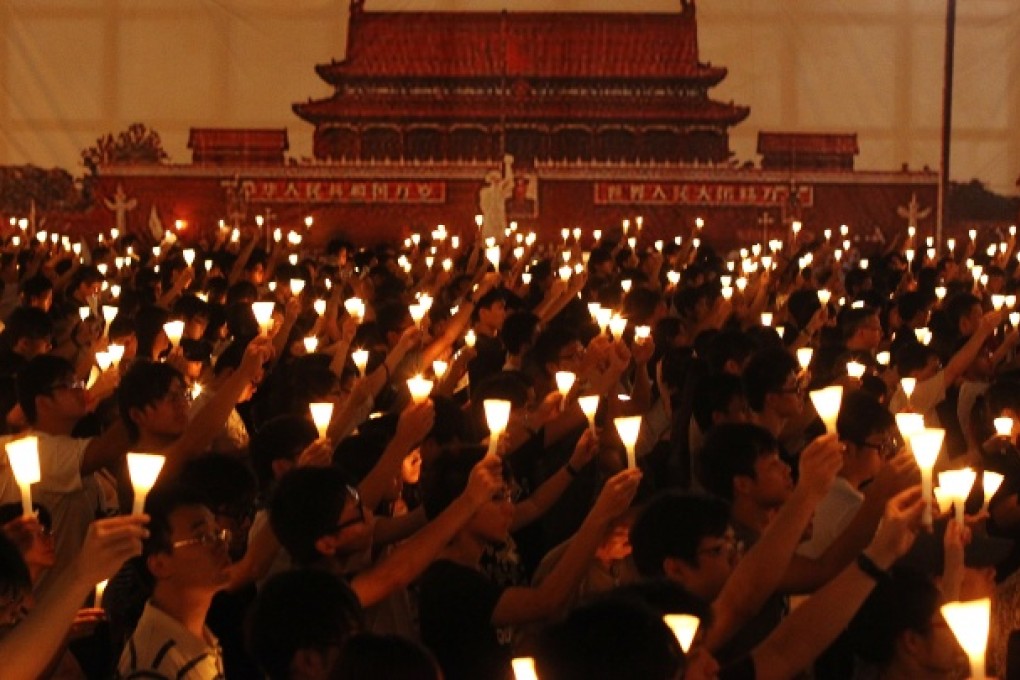Breaking the silence over June 4
Chang Ping says that, as the facts emerge, people can expect to face a fight over what they mean

When the Tiananmen students' movement was taking place 24 years ago, Du Bin was a junior secondary school student in Linyi , Shandong , and knew little of what was happening. When he joined the army later, he was posted to a unit that had taken part in the crackdown. But no one talked about it.
It was only in 2004 that Du, having scaled the internet firewall, first encountered this piece of history.
Students believed what repression was necessary to China's economic development
Two weeks ago, a book he edited, The Tiananmen Massacre, was published in Hong Kong.
This must be the first time a Chinese person had edited a book on June 4 while living on the mainland. I asked him why he did it. He said he wanted to exercise his own right to know, first and foremost; he couldn't let that part of history remain a blank.
Yet for those with experience of June 4, that part of history has ever since been a blank. After sending in the tanks and troops to suppress the pro-democracy movement, the Chinese Communist Party made June 4 the most taboo of sensitive subjects. In 1990, writer Liao Yiwu was sentenced to jail for four years for writing a poem titled Massacre. Openly writing about June 4 became a dangerous act.
But it didn't stop people writing about it privately or obliquely. Those who took part in the protest and are now exiled overseas have posted their accounts online. On the mainland, people remember June 4 or protest against the censorship through poetry and metaphors.
On the 18th anniversary of the crackdown, in 2007, the Chengdu Evening Post ran an advertisement "saluting the tough mothers of the June 4 victims". That was the work of human rights activist Chen Yunfei, who, realising classified ads were not as tightly monitored, slipped the message past the censors. Some say the young woman responsible for vetting the ads even called a friend to ask what had happened on June 4 that had resulted in people getting hurt. "Probably another mining disaster," was the answer she got. This is one result of trying to banish June 4 from our collective memory.